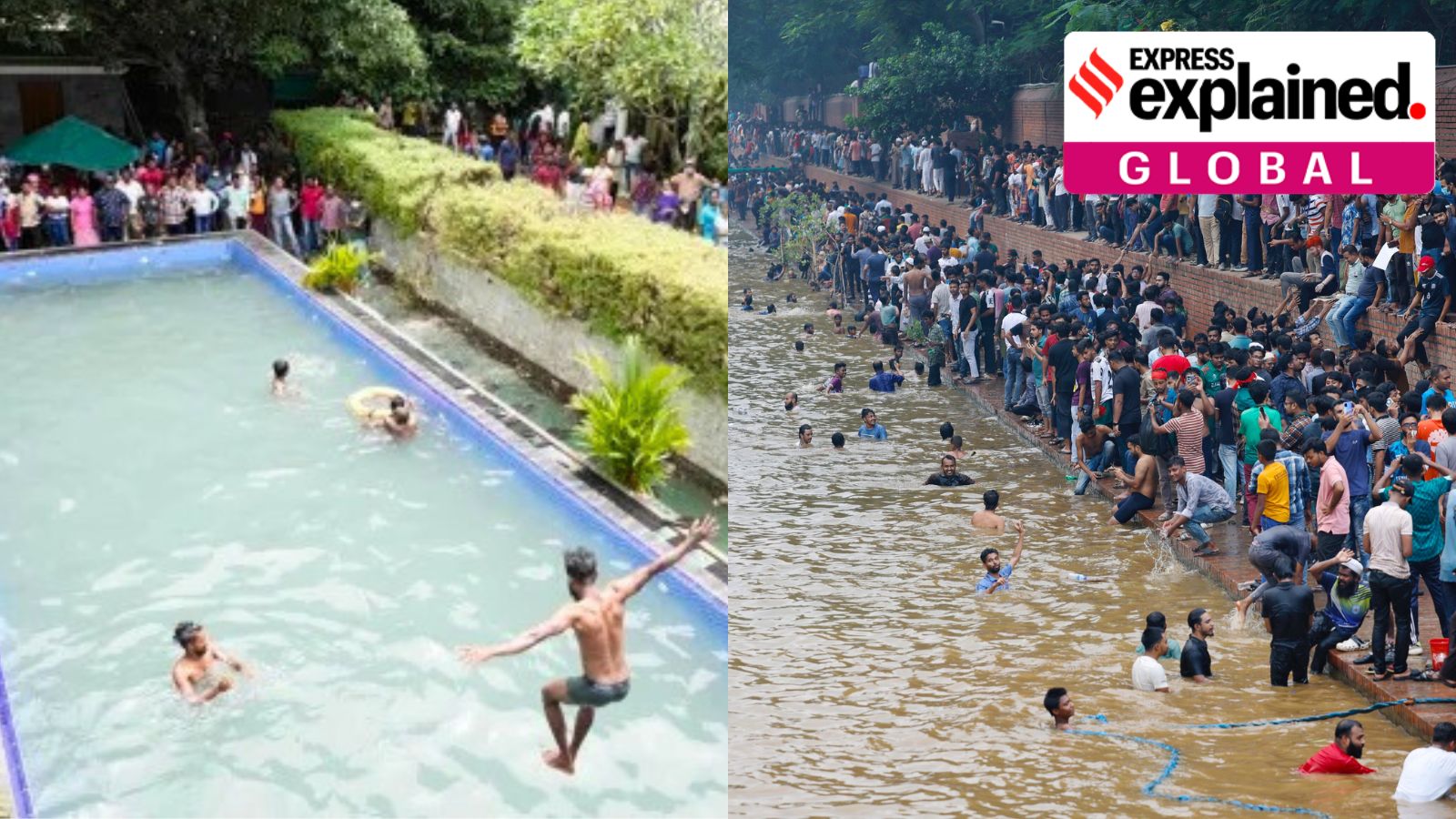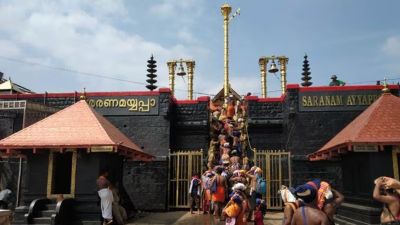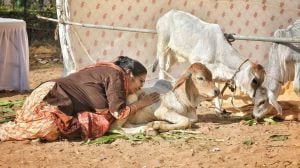Bangladesh Prime Minister Sheikh Hasina left her country on Monday (August 5) amid scenes of chaos, as weeks-long protests against her regime forced her out of power. She reached India and it is speculated that she may ultimately travel to London, where some of her family members live.
The secrecy around her movement and instances of looting at her residence in Dhaka seemed similar to what played out in Sri Lanka in 2022. As a major economic crisis hit the country, public anger manifested into protests in Colombo. The Rajapaksa brothers, then President Gotabaya Rajapaksa and Prime Minister Mahinda Rajapaksa, left the island nation.

A year before that, Afghanistan President Ashraf Ghani fled as the Taliban took over. Here is a look at the three major instances of recent political turmoil in South Asia, the circumstances, and what followed in the cases of Sri Lanka and Afghanistan.
1. Bangladesh
For weeks, student protests had rocked Bangladesh. On June 5, the High Court Division of the Supreme Court of Bangladesh ruled that 30% reservation would be restored in government jobs for the descendants of Bangladesh’s freedom fighters.
This led to anger among youth, given the recent economic downturn and lack of job opportunities, particularly after the Covid-19 pandemic. Even after the Appellate Division of Bangladesh’s Supreme Court said the quota would be significantly reduced in July, the protests continued.
With more than 300 people killed in the agitation, and critical comments from Hasina about the protestors, the movement gradually became more anti-Hasina in its character. She had led the country since 2009 and was termed an authoritarian over the years for not holding free and fair elections and jailing opposition leaders. Meanwhile, Hasina blamed opposition parties like the Bangladesh Nationalist Party, the Jamaat-e-Islami, and their student groups for instigating the protestors.
Ultimately, as public sentiment turned completely against her, Hasina left. The army has said it will step in and take responsibility, but the country’s future remains uncertain. Hasina may seek political asylum in Europe.
Story continues below this ad
2. Sri Lanka
Years of economic mismanagement culminated in a major economic crisis in 2022. It led to a foreign currency shortage, making it difficult for the Sri Lankan government to pay for the import of basic items like oil. Prices of everyday goods and food items soared, with electricity cuts for long periods.
The Aragalaya, the Sinhalese word for “struggle”, became the name of the largely leaderless, anti-government movement that emerged then. President Gotabaya Rajapaksa and PM Mahinda Rajapaksa, major players in Sri Lankan politics for decades, faced calls for resignation. Protestors entered the official Presidential residence, bathed in the swimming pool and took away the President’s belongings.
Gotabaya left the country for Maldives and then reached Singapore. Soon after, he tendered his resignation. He also stayed in Thailand for some time before returning to Sri Lanka around two months later. Reuters reported then that Sri Lankan immigration officials stopped his brother and former finance minister Basil Rajapaksa from flying out.
Former PM Ranil Wickremesinghe assumed power as the acting President in 2022. He would eventually be selected as the President by the Sri Lankan Parliament. In two years, the country has attempted to strike loan deals with the International Monetary Fund (IMF) and countries like India and China. Recently, presidential elections were announced to be held in September this year.
Story continues below this ad
In 2023, Wickremesinghe’s office issued a statement on the looting of items from the President’s house: “Various valuable artefacts and archaeological items went missing, including coats of arms associated with former governors and presidents of Sri Lanka.” It offered an amnesty scheme for people to return the items.
3. Afghanistan
In 2021, the United States Army and NATO forces withdrew from Afghanistan after two decades of military presence, and the Taliban took over. The swiftness of the events took the world by surprise, even though the Islamist militant group had been advancing through other major cities before establishing control over Kabul on August 15.
Years of attempts to build lasting institutions for democracy and economic development had not yielded results for the Afghan government. The Taliban, meanwhile, regrouped and continued to maintain its fundamentalist ideology.
As the capture of Kabul seemed complete, videos showed many citizens going past barricades at the capital’s airport in desperate attempts to make it onto aeroplanes out of the country. Some even clung to the wings and tail of the aircraft and fell to their deaths. While the economic condition in Afghanistan had been difficult, the idea of a return to the previous Taliban rule between 1996 and 2001 was seen as a major step back.
Story continues below this ad
President Ashraf Ghani also left, and visuals showed Taliban leaders carrying weapons inside the presidential palace. Ghani was criticised for leaving Afghanistan at a crucial juncture but has since claimed he sensed an imminent threat to his life. Later, the UAE Ministry of Foreign Affairs and International Cooperation confirmed that Ghani and his family had been welcomed on humanitarian grounds.








































